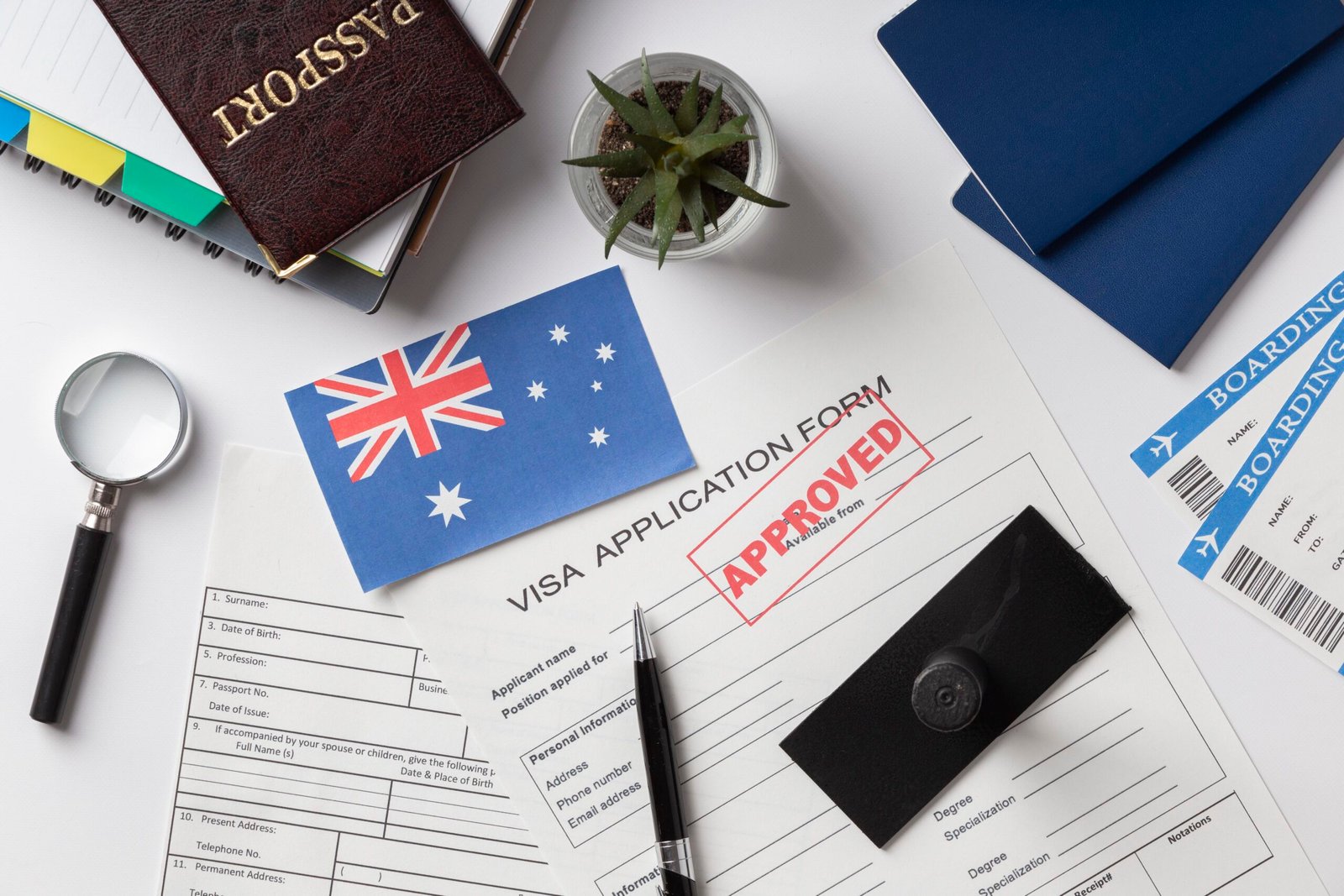Applying for a Visa Skill Assessment is a critical step in securing your Employer Sponsored Visa Australia. It acts as proof that your qualifications, skills, and work experience meet the Australian standards for your nominated occupation. However, many applicants face rejection due to avoidable mistakes and oversights. Understanding these common reasons can help you prepare a stronger application and increase your chances of success.
In this guide, we will explore the key reasons why a Visa Skill Assessment may be rejected and how to avoid them.
Why Is the Visa Skill Assessment Important for Employer Sponsored Visa Australia?
A Visa Skill Assessment is mandatory for most skilled visa categories, including the Employer Sponsored Visa Australia. It ensures that you possess the required skills to perform in your chosen occupation according to Australian standards. The assessment is conducted by an authorized skills assessing authority for your specific occupation.
Without a positive skill assessment, your visa application will not proceed. This makes it crucial to prepare your application with accurate documents, truthful information, and complete evidence.
What Are the Common Reasons for Visa Skill Assessment Rejection?
Knowing the reasons for rejection can help you prepare an error-free application. Below are the most frequent causes.
1. Incomplete or Incorrect Documentation
One of the primary reasons for Visa Skill Assessment rejection is failing to provide all required documents or submitting incorrect ones. Assessing authorities require proof of qualifications, employment references, and identification documents.
Common mistakes include:
- Missing academic transcripts
- Incomplete employment references without job duties
- Providing documents not translated into English
- Submitting low-quality or illegible scans
How to avoid it: Create a checklist of all required documents and verify them before submission. Ensure translations are certified and that all files are clear and readable.
2. Lack of Relevant Work Experience
For an Employer Sponsored Visa Australia, your work experience must be closely related to your nominated occupation. Many applicants are rejected because their work history does not match the requirements outlined by the assessing authority.
Example: If you apply for a skill assessment as a Mechanical Engineer but have worked primarily as a Technician, your application may be refused.
How to avoid it: Carefully check the official ANZSCO (Australian and New Zealand Standard Classification of Occupations) description for your occupation and ensure your job duties align with it.
3. Unaccredited or Non-Recognized Qualifications
If your qualifications are from an institution that is not recognized by the skills assessing authority, your Visa Skill Assessment can be refused. This is a common problem for applicants who studied overseas.
How to avoid it: Before applying, confirm that your qualification is recognized by the assessing authority. If not, you may need to complete additional study or obtain a comparable Australian qualification.
4. Failure to Meet English Language Requirements
Some skills assessing authorities require evidence of English language proficiency, especially for certain trade and professional occupations. Submitting outdated or low-score results can lead to rejection.
How to avoid it: Take an approved English test such as IELTS, PTE Academic, or TOEFL and ensure your results meet the required score. Keep in mind that results usually have a two-year validity period.
5. Incorrect Employment Dates or Discrepancies
Even minor inconsistencies in employment dates can lead to a Visa Skill Assessment rejection. If your resume, reference letters, and tax records show different dates, the assessing authority may question the authenticity of your application.
How to avoid it: Double-check that all documents match in terms of employment dates, job titles, and duties.
6. Misrepresentation or False Information
Providing false or misleading information is a serious offense and will lead to immediate refusal. This can also result in being barred from applying for future visas for several years.
How to avoid it: Always provide honest and accurate information. If there are gaps in your employment history, explain them clearly instead of falsifying details.
7. Not Following the Guidelines of the Assessing Authority
Each skills assessing authority has its own set of requirements. Ignoring these guidelines or using a generic approach often leads to rejection.
How to avoid it: Download and read the specific guidelines for your nominated occupation from the assessing authority’s official website. Tailor your application to meet those requirements exactly.
8. Applying Under the Wrong Occupation
Sometimes applicants choose an occupation that does not match their qualifications or work experience, hoping it will be easier to get approved. This usually results in rejection.
How to avoid it: Choose an occupation that accurately reflects your skills and experience. Seek professional advice if you are unsure which occupation suits your profile best.
9. Insufficient Evidence of Employment
Merely stating that you worked in a role is not enough. The assessing authority requires verifiable evidence such as payslips, tax returns, contracts, and employer reference letters.
How to avoid it: Gather and submit multiple forms of proof for each job listed in your application.
10. Outdated or Expired Documents
Submitting outdated police clearances, expired English test results, or old reference letters can cause a rejection.
How to avoid it: Check the validity of all documents before submission. Update any that have expired.
How Can You Improve Your Chances of Visa Skill Assessment Success?
To maximize your chances of approval for a Visa Skill Assessment and secure your Employer Sponsored Visa Australia, follow these best practices:
- Plan ahead: Start gathering documents months before applying.
- Be thorough: Double-check every detail in your application.
- Get professional help: Consider consulting a registered migration agent to guide you.
- Stay updated: Regularly check the assessing authority’s website for updated requirements.
- Be honest: Provide truthful and verifiable information.
Why Professional Assistance Can Make a Difference
While it is possible to apply for a Visa Skill Assessment yourself, professional migration agents can help reduce errors and ensure your application meets the specific requirements of the assessing authority. This is particularly important when applying for an Employer Sponsored Visa Australia, where both the skill assessment and employer nomination must align perfectly.
Final Thoughts
A Visa Skill Assessment is a crucial step in your journey to obtaining an Employer Sponsored Visa Australia. Rejections are often due to preventable mistakes such as incomplete documents, choosing the wrong occupation, or failing to provide accurate work experience details.
By understanding these common reasons for rejection and taking proactive steps to avoid them, you can greatly improve your chances of success. Preparing your application carefully, verifying your documents, and seeking expert advice when needed will help you achieve a positive skill assessment result and move closer to your Australian career goals.
Related Reads
- Build an OnlyFans Clone to Tap into the Lucrative Creator Economy
- FHA Home Loans Utah – A Complete Guide for First-Time Homebuyers
- WHMCS Themes and WordPress Hosting Themes: Elevate Your Hosting Brand with Hostiko
- Understanding Skin Tag ICD-10 Codes: A Complete Guide
- Masonry Estimating Services and Masonry Estimating Services United States: Accurate Solutions for Contractors



